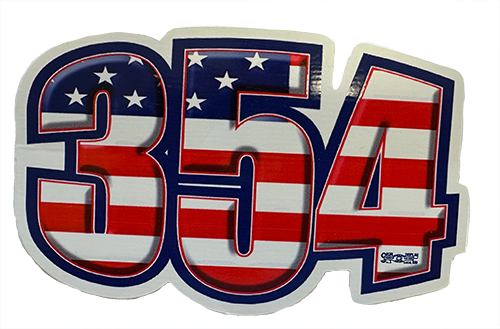How to Prepare for Freezing Temperatures
October 24, 2012Water Softening: Is it for you?
December 27, 2012What do plumbers and pipefitters do?
Here is a very brief list of duties performed by a plumber or pipefitter:
– Install pipes and fixtures
– Study blueprints and follow building codes
– Determine amount of material and equipment needed
– Inspect and test installed pipe systems and pipelines
– Troubleshoot and repair systems that are nto working
– Replace worn parts
This job carries a lot of responsibility. The successful installation and repair of plumbing systems and fixtures means the difference between a dry, pleasant smelling house and a wet, reeking house. These pipes and fittings carry water, steam, air, and other liquids or gases and plumbers / pipefitters ensured they are watertight to prevent serious problems.
Master plumbers on construction jobs assist in the development of blueprints that show where all the piping and fixtures are in a structure. Their input makes sure a building meets codes and the project stays within budget.
What are the differences between plumbers and pipefitters?
– Plumbers install and repair water, drainage, and gas pipes in buildings. They install and repair large water lines, install fixtures (bathtubs, showers, sinks, toilets), and install appliances (dishwashers, garbage disposals, water heaters). They also solve plumbing issues such as clogs and leaks.
– Pipefitters install and maintain pipes that carry chemicals, acids, and gases. These pipes are used mostly in manufacturing, commercial and industrial settings. They often install and repair pipe systems in power plants and cooling systems in large commercial buildings.
What is it like to be a plumber / pipefitter?
Plumbers and pipefitters typically work in factories, homes, businesses and wherever there are pipes or septic systems. Some plumbers / pipefitters are self-employed, about 14%.
They often lift heavy materials and climb ladders, and sometimes have to work in tight spaces. Some travel to a number of sites every day, and some work outdoors (even when the weather is rough).
Do plumbers and pipefitters get injured often?
They do have a higher-than-average risk of injury and illness due to the type of materials and equipment they are dealing with. Cuts from sharp tools, burns from pipes and hot equipment, and falls from ladders are the most commonly reported injuries.
What are their schedules like?
Most work full time, including nights and weekends. They are often on call to handle emergencies, and overtime is common on construction sites in order to meet project deadlines.
Although self-employed plumbers / pipefitters can set their own schedule, they are still likely to deal with after-hour emergencies.
How do I become a plumber or pipefitter? What is the career path?
Most people learn on the job through an apprenticeship or start out at a technical school.
The apprenticeship usually takes 4 or 5 years. Each year, apprentices must have at least 1,700 to 2,000 hours of paid on-the-job training and a minimum of 246 hours of related technical education. They learn safety, local codes and regulations, and blueprint reading. They also study math, physics, and chemistry and become familiar with different piping systems and plumbing tasks.
Then comes the next step in your journey, the journeyman training. This takes another 4 or 5 years of classroom and on-the-job training. Once completed, journeymen are considered to be ready to work independently, without direct supervision.
Currently, Pennsylvania does not have a statewide licensing method for plumbers and pipefitters. However, each PA city or county has a building department that may have requirements. Many PA ordinances require a license to work as an independent plumber, so it is likely best to acquire a license. You may have to take an exam and provide references.
After 4 or 5 years working as a journeyman plumber, you can become a master plumber. You will have to take a test that covers federal codes, local / state codes, installing systems, maintenance of sustems, repair, and project management.
What other tips do you have for an aspiring plumber / pipefitter?
– Optimize your physical strength and stamina. The job often requires physical exertion and you will want to be ready for that.
– If you are claustrophobic, mentally prepare yourself. You will likely have to work in tight, closed in spaces.
– It is helpful to be a people person when in this profession.
– Become familiar with computer concepts, as accounting and design softwares are typically used.
– Shadow a plumber or pipefitter for a few days to get a better idea of what the job is like.
– Familiarize yourself with the union.
– Remember that these jobs can be temporary, particularly construction jobs. Be sure to develop a financial plan for yourself and your family.
——————————–
Have more tips you want to share? Feel free to leave your comment below.
